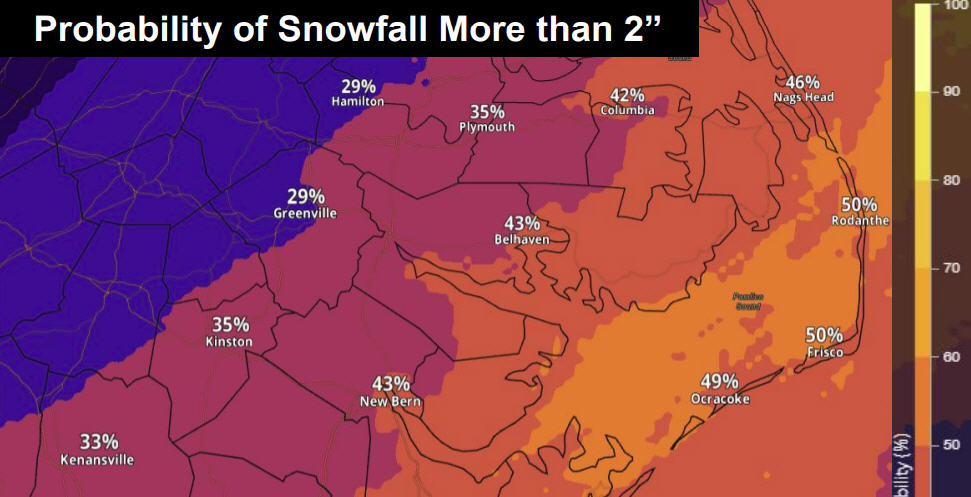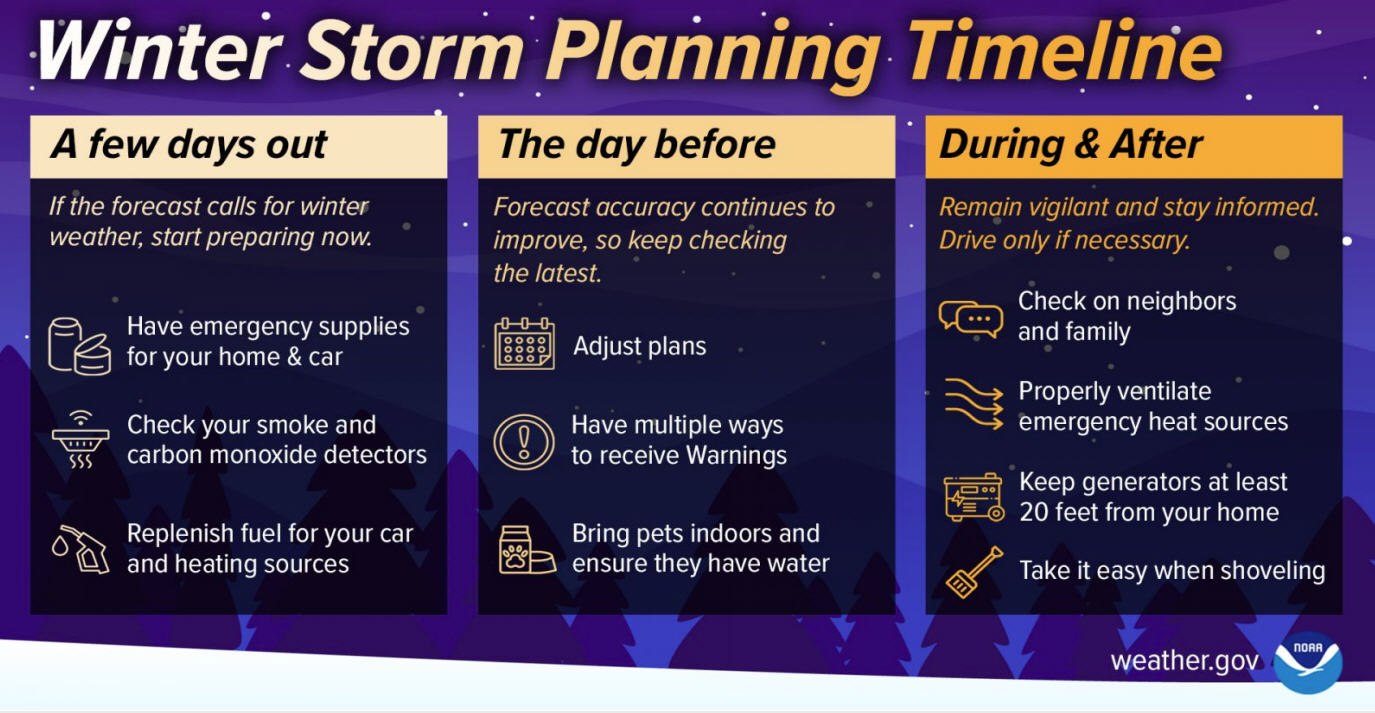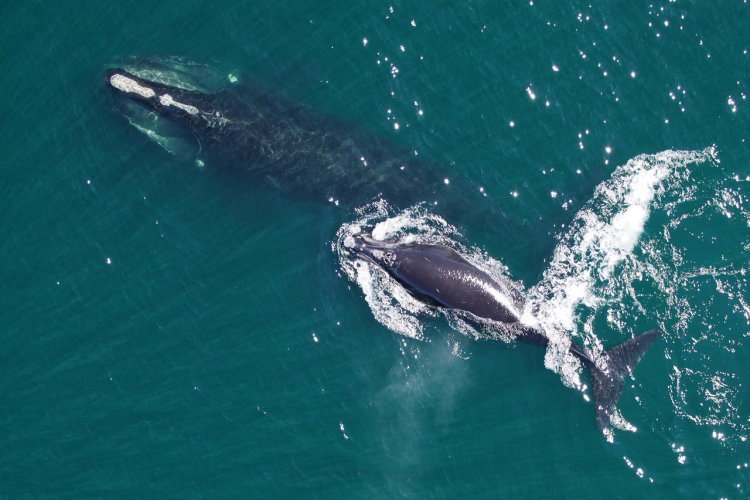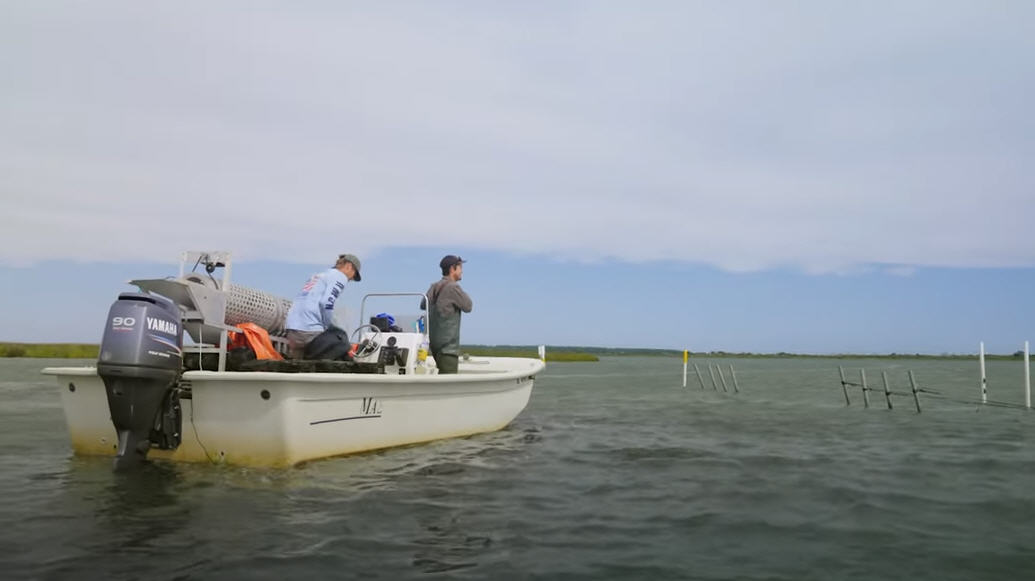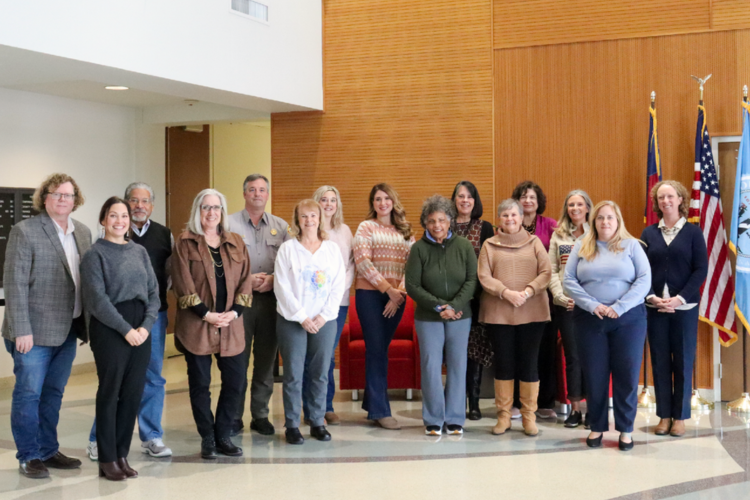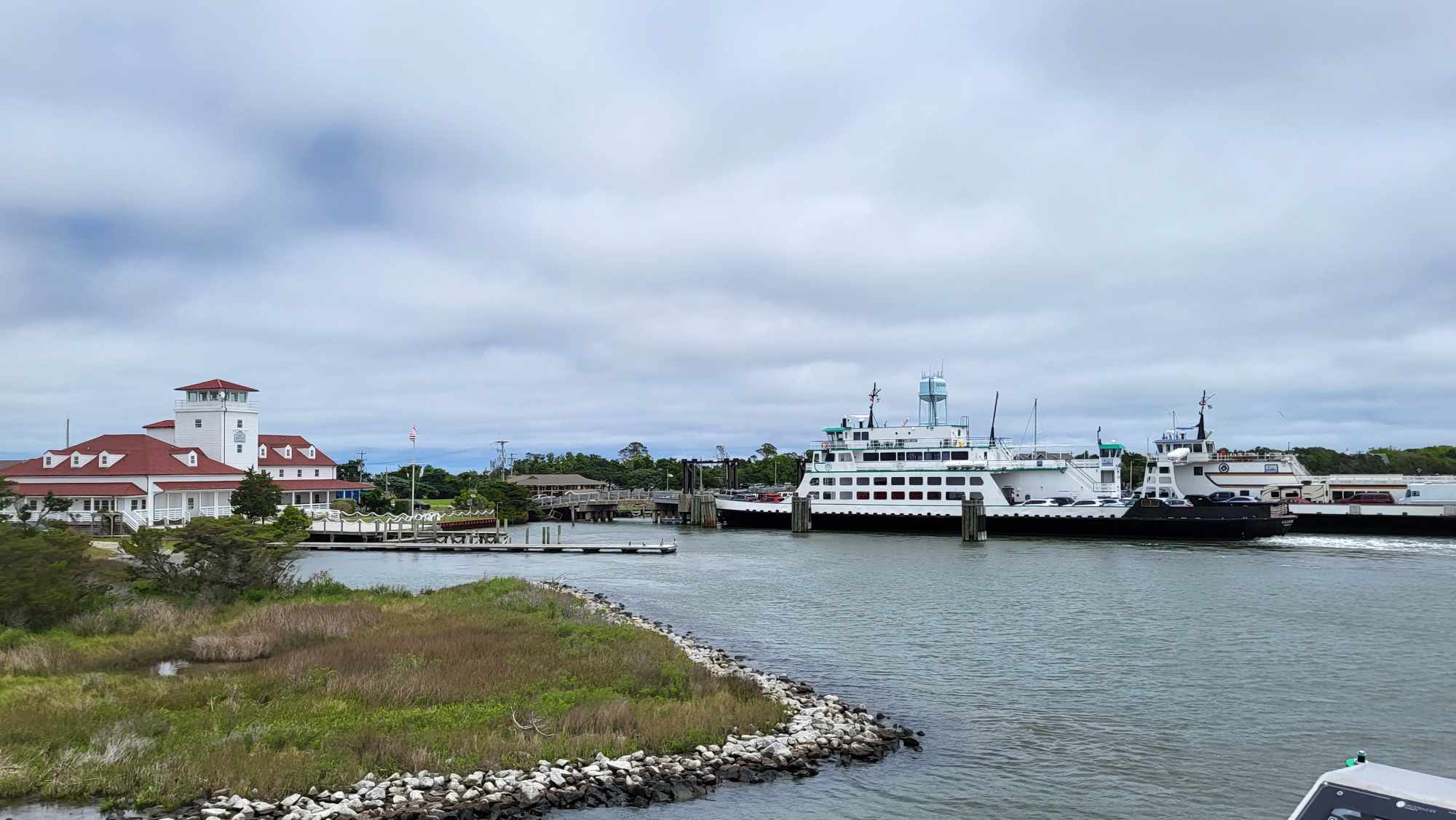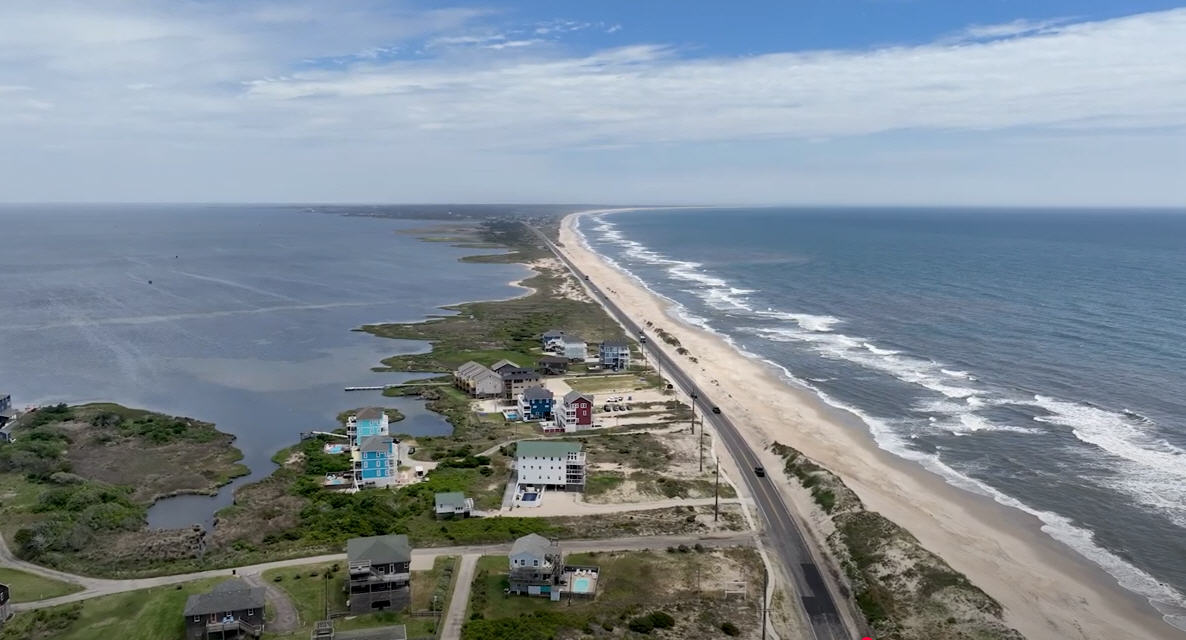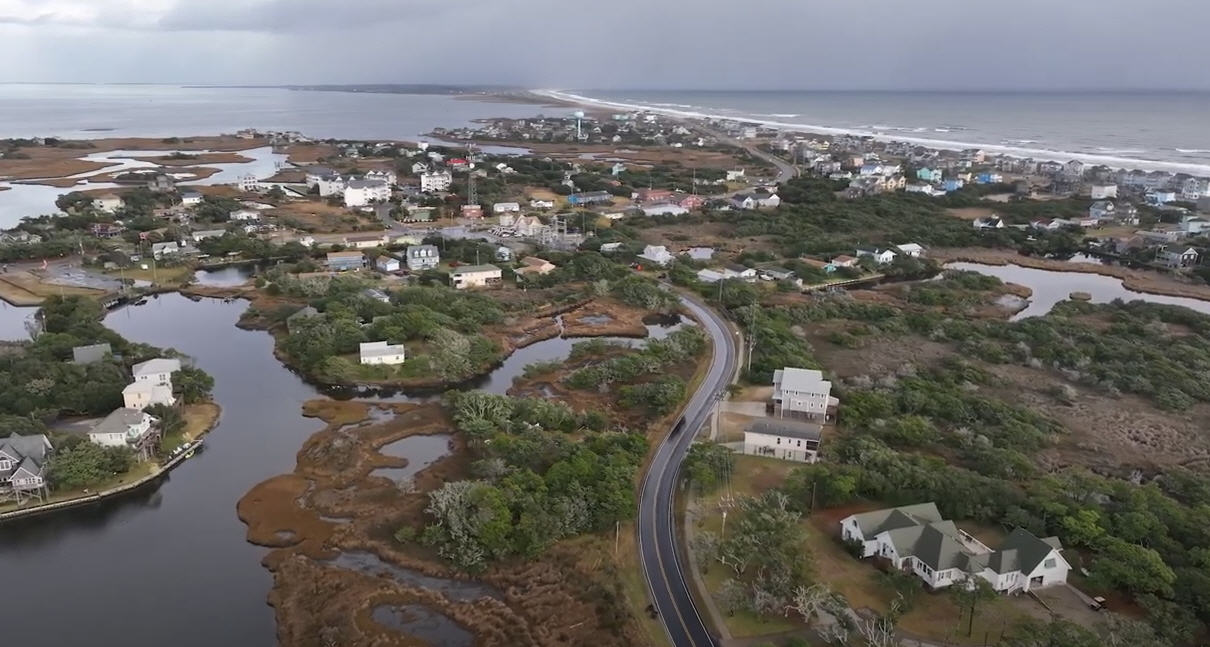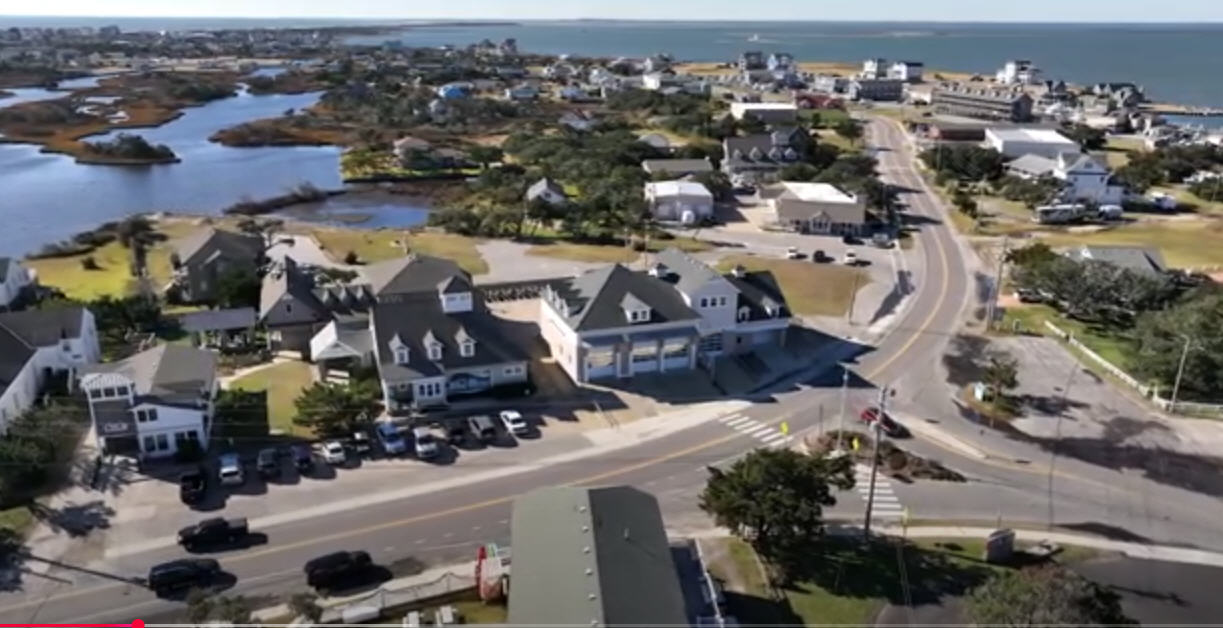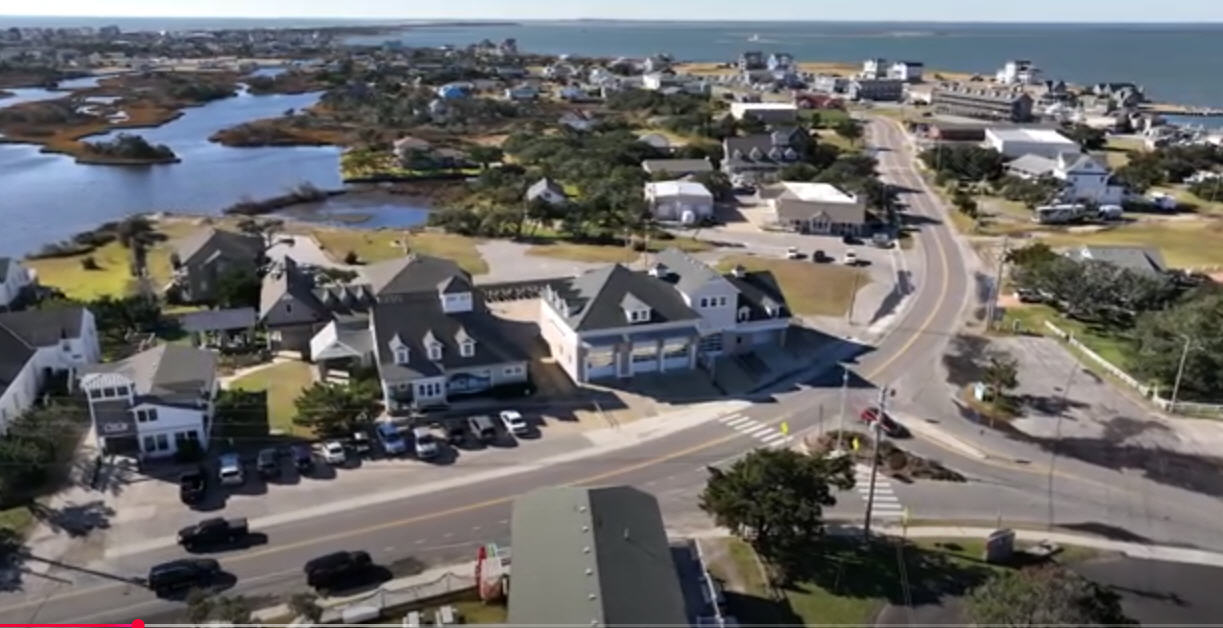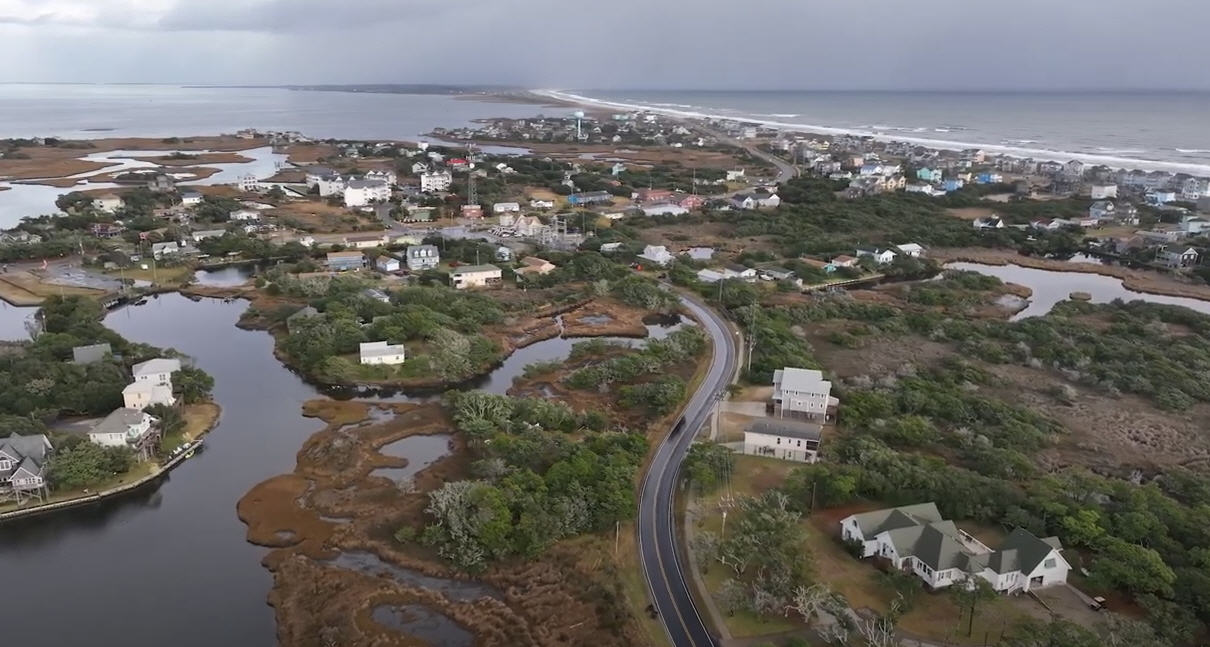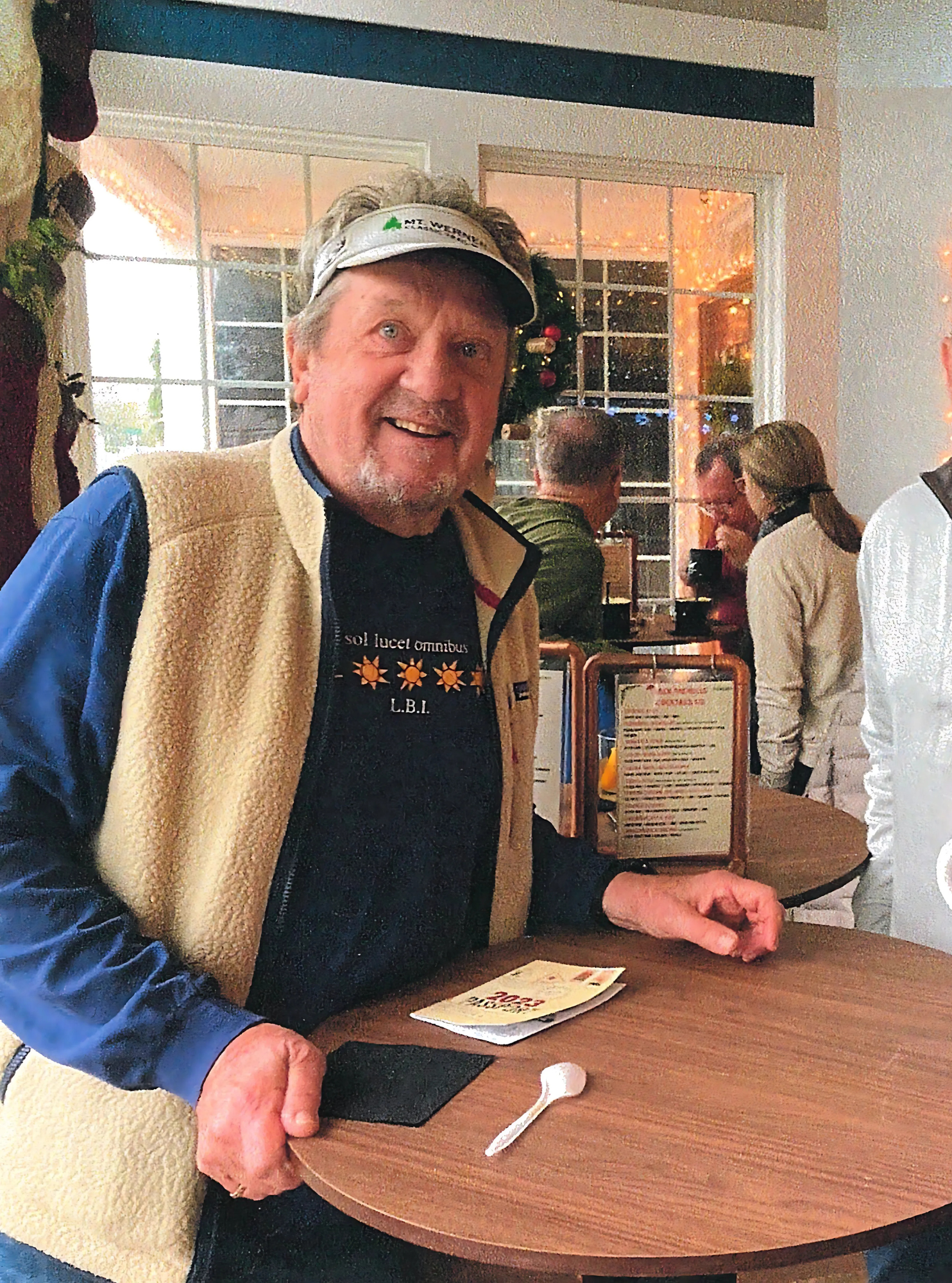Cape Hatteras Electric Cooperative is topic of radio show …WITH AUDIO
By IRENE NOLAN
The Cape Hatteras Electric Cooperative, which has provided power to Hatteras Island since 1945, was the subject of the discussion on Sunday, Feb. 7, on the Radio Hatteras Interview show, “To the Point,” hosted by Island Free Press editor Irene Nolan.
The guests for the interview were Susan Flythe, executive vice president and general manager of CHEC, and Laura Ertle, director of public relations and marketing.
Flythe talked about several initiatives that the cooperative is undertaking this year, including the Community Solar Garden, a changeover to more night-sky-friendly security lighting, and selling smart thermostats at a discount to members.
Construction is underway now at the Community Solar Garden, which is located on a 1.3-acre site next to the Hatteras Island Ocean Center in Hatteras village.
Hannah Solar is the contractor and is in the process of installing concrete footers and 180 solar panels, which will provide approximately 50 kilowatts of energy.
The panels will be sold to CHEC members for $685 each. Members who purchase the panels will get a credit on their monthly power bills over the next 20 years that will vary according to the project’s output, but will probably be in the range of $2 to $3.
Just like with water heater sales, CHEC will offer one-year, on-bill financing of the panel energy rights for 5 percent interest. On $685, the monthly payment would be $58.64 and the total interest over the year will total $18.66.
“Community solar is an attractive option for our members who rent their homes, for members who do not have a south-facing roof, or for those who may not want to penetrate their roof in our coastal environment,” said Susan Flythe, CHEC general manager and executive director. “Community solar makes solar accessible to all of our members.”
CHEC isn’t expecting to sell out of the solar panels immediately. The cost of solar energy has decreased significantly, but it is still expensive, says CHEC general manager Susan Flythe, and not as cost effective as natural gas or nuclear energy.
However, she also said that several members have already reserved panels.
The price for CHEC panels was set according to financial modeling done by the National Renewable Cooperative Organization (NRCO), a group that CHEC and other North Carolina cooperatives are working with to do their projects. Four in North Carolina were completed in 2014, and nine are to be completed by the end of the year, all under the auspices of the North Carolina Electric Membership Corporation and NRCO.
At its November meeting, the CHEC Board of Directors voted to replace its high-pressure sodium (HPS) security lights with LED lights. The LED lighting is more night-sky friendly, reducing light pollution with shades that direct the light downward.
The switch will also save energy. Flythe said the LED lights use about half the energy of the HPS lights. Furthermore, she said, it will help CHEC comply with the requirements of the state Renewable Energy Portfolio Standards (REPS) law.
Members will not have to ask to have them replaced. CHEC will begin replacing 957 of its current security lights with LED lighting after the first of the year. Flythe says all of them should be replaced by the end of the year.
CHEC installs the security lights at the request of its members for a monthly rate of $9.60 for 100 watt HPS lights and $17.60 for 250 watt lights. The LED lights will cost the same amount.
In March, CHEC will begin selling Ecobee smart thermostats at a discounted rate to members, who, in exchange, must agree to let CHEC control the settings in order to manage the load.
The thermostats retail for about $250, Flythe said, and they will be sold by CHEC to members with all-electric service for $100 and to those with gas heat for $150.
Flythe also said that CHEC has recently received updated estimates for running electric cables under the new Bonner Bridge replacement. The newest estimate, which is “upwards of $10 million,” is in line with previous estimates that CHEC has received during the long process of planning for the replacement.
Ertle talked about the CHEC’s community programs, which is part of the cooperative’s mission.
First, among them, is Operation Roundup. In this program, CHEC members agree to “round up” their electric bill to the next dollar amount.
The cost amounts to about $6 a year for members. CHEC uses the funds for grants to help individuals and families who are having financial problems with such items as rent or medical bills — anything but their power bills, which the cooperative cannot give grants for.
Since the program began in 1997, Ertle said, the cooperative has awarded $670,000 in grants to needy community members.
Other community programs include Bright Idea grants for teachers, grants to send students to basketball camp or on an all-expense paid trip to Washington, D.C., and scholarships for graduating seniors at Cape Hatteras Electric Cooperative.
For more information on any of the programs, go to the cooperative’s website at www.chec.coop.
“To the Point” airs on the island’s community radio station, FM 101.5 , at 5 p.m. on the first and third Sunday of each month. It is repeated on the second and fourth Sunday. Those who don’t live on Hatteras can listen to the show on Sundays through live streaming at www.radiohatteras.org.
Scroll down and click on the appropriate “To the Point” logo to listen to the audio of the interview.
MORE ABOUT RADIO HATTERAS
Radio Hatteras is our community, non-profit radio station and depends on grants, memberships, and underwriting.
It broadcasts around the clock with news — including such things as surfing and fishing reports — community announcements, music, and special programs. The station is also now streamed live. To listen, go to www.radiohatteras.org.
Our community radio station also needs your support, and you can give that by purchasing a membership or by underwriting the station if you are a business or another community non-profit.
Radio Hatteras memberships are $50 for a family, $25 for an individual and $10 for a student. Mail memberships and other contributions to Radio Hatteras, P.O. Box 339, Frisco, NC 27936.
E-mail info@radiohatteras.org or call (252) 995-6000 for information about underwriting opportunities.



